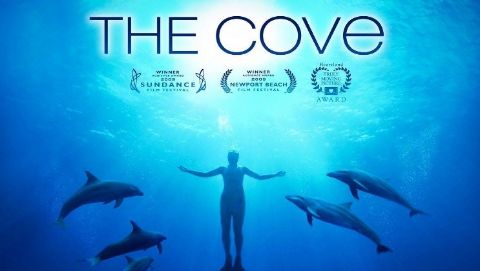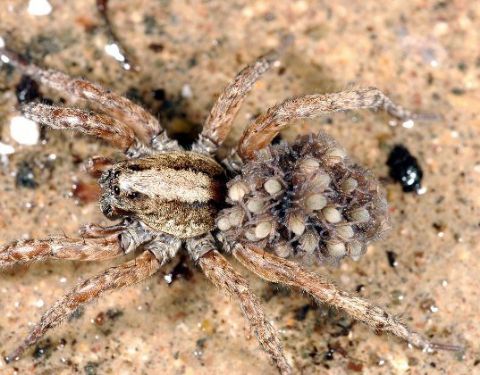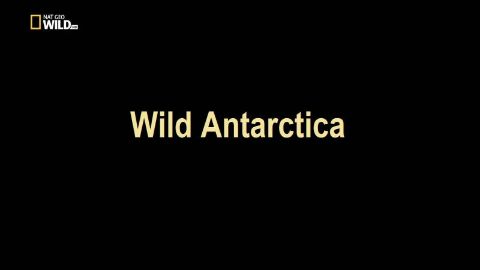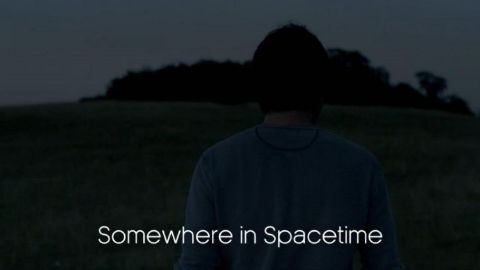Invisible Nature • 2017 • 3 episodes •
Plants survive and thrive by using different skills than humans. Take a look at how they adapt to their environments, co-opt insects to help them out and manage to survive in extreme climates and terrain.
2017 • Nature
Plants are able to communicate with each other in ways we are only now beginning to understand. Some plants can differentiate between roots of their "family" and roots of other kinds of plants when they touch underground. See how plants "talk" to each other and find out what they talk about!
2017 • Nature
How have some plants managed to live 5000 years? They are masters of photosynthesis and have survived on trips into space. In fact, there are now "plantimals". Perhaps it is time we learned more from plants about our world and how to live in it as partners.
2017 • Nature








